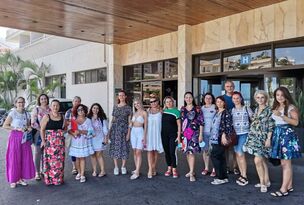 September 18th-Puerto De La Cruz, Tenerife: a new group of teachers is ready to begin a new fantastic adventure. This week week we had the pleasure of hosting participants from three different schools: Liceul Teoretic Stefan cel Mare, Ramnicu Sarat from Romania, Istituto Professionale di Stato per i Servizi Enogastronomici e dell’Ospitalità Alberghiera G. Falcone from Italy and Zespol Szkol Salejzanskich w Lodzi from Poland. The topic of the week was Innovative teaching methods for education and the group was enthusiast to begin on the first day. As usual, the morning starts with some activities to break the ice and getting to know each other: our courses are first of all meant for networking with other cultures! The first topic we introduced was non formal education, with the aim to guide participants through the possibilities offered by the emerging trend of integrating non-formal working methods in formal education pathways. A small hint of theory and then everyone was ready to test some games which can be easily introduced in the classrooms. Each activity was followed by a small debriefing or reflection, in order for the group to understand why each game was implemented. Many of the activities were tried outside, to allow the group to enjoy the sun ad the sea breeze. In fact, when there is the possibility, it is always best to be outdoors! The next topic was project based learning. The class explored three key challenges related to the implementation of PBL: how to establish effective collaboration among students, how to facilitate student-driven activities, and finally how to assess PBL in the classroom. They delved into the topics of driving questions, 21 century skills and many other. In order to better understand the topics, the teachers had the possibility of testing some practical activities in small groups. The third topic that we explored was outdoor education and was greatly appreciated by most of the participants, which were deeply glad to had the change of enjoying the sun. In fact, it is important to remember that not only does Outdoor Education help students become in tune with their surroundings and gain an appreciation for the natural world, it also plays an important part in bringing what they learn in the classroom into real life through application and observation and highly contribute to their personal and social development. Outdoors, the group had an opportunity to brainstorm on the benefits of outdoor education and exchanged ideas and best practices. We also discussed on the way different countries deals with outdoor activities and which are the main obstacles of its implementation for the teachers. Again, we tested some activities aimed at proposing new ways of teaching. The final topic of the weeks was the implementation of ICT tools into the classroom. The group gained an outlook on best practices and concrete ways to use ICT to empower and support education. In particular we explored 3 different application which can be useful to support the lesson and can also be used by students to prepare presentations and to assist them in their study.
The last day came and I thought: which is the best way to recap all the topics of the week? Well, testing an outdoor, non formal activity which is done through a technological tool, of course! And there they went, exploring the city by means of a fun urban treasure hunt. It was difficult to say goodbye to this group, it was an amazing experience both for me and for the teachers...as one of the participants wrote: “Are you ready to learn in a fun way about innovative teaching methods? So ELA is the way!” During the training week held in Bologna from 19 September to 25 September we had the opportunity to explore different kinds of non-formal teaching methods and strategies, and to discover their potentialities in enhance education effectiveness. What is non formal education? Non formal education is “any organised educational activity outside the established formal system – whether operating separately or as an important feature of some broader activity – that is intended to serve identifiable learning clienteles and learning objectives” (Philip Coombs, 1973). In particular, we discovered:
At first, we started exploring visual strategies. Using art and creative thinking in making collages or drawing some topics, the participants tried to stimulate their expression with the use of metaphor. Thanks to different visual activities, we discovered together how art can be an easy way to discuss some topics and to express difficult concepts. We also learned the importance of team building and team working in education: collaborating with other team members can be very productive and it gives each member the opportunity to give their contribute inside the group. Debate and speaking games are another kind of non-formal educational activity: these types of games are useful for enhance cooperative learning and to develop a dialectic approach. Competing in the Oxford Debate, participants fostered creativity in finding non-conventional and persuasive arguments and experienced how to behave in order to collaborate with the others. 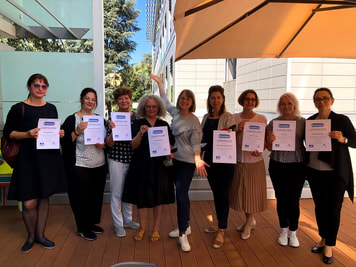 After having analysed together the different tools and the various strategies of non-formal education, each participant had the opportunity to autonomously develop a new tool, to use in their own school context. Thanks to the creativity and the effort of each participant, at the end of the course we collected new practical and creative tools ideated by the teachers. In conclusion, during these days the participants had the opportunity to experiment innovative methods in a safe and stimulating environment, enhancing skills like teamwork, empathy, and critical thinking, and had the occasion to create new and unique non formal tools! In the third week of September together with teachers coming from Poland, Greece, Germany and Latvia we've explored the world of soft skills and emotional intelligence. During the week we had the chance to explore many of the most important soft skills from communication and public speaking to leadership, from conflict management to emotional intelligence and empathy. The participants had the chance explored the broad concept of Soft Skills, the interpersonal skills which allow us to interact with other people. By investigating the topic with activities and exercises, the group discovered that Emotional intelligence and in particular empathy plays a crucial roles in developing our interpersonal skills. We analysed the most important Neuro-Linguistic Programming principles and discussed the importance of going out of our comfort zone. Furthermore, one of the aims of the training was to recognize the different communication channels (verbal, paraverbal and non-verbal) and to be able to manage them productively. Another topic that was analysed during the training days was how to lead a classroom and a team. Through practical examples we’ve investigated the 6 leadership styles identified by Daniel Goleman. The participants challenged each other to associate leadership styles with different situations, discovering that each context requires different leadership skills. Participants had the chance to discuss and practice the differences between aggressive, passive, passive-aggressive and assertive communication, getting acquainted with the principles of the latter. The participants created a vademecum with the main verbal features of each communication styles (aggressive, passive and assertive), in order to be able to use this tool in the classroom to define the communication guidelines.
Communication is not only about what we say, but also how we say it. To further work on this topic and on improving public speaking skills the participants delivered a 2-minutes public speech that later was analysed by the whole group with the support of the trainer. This activity gave the participants the chance to receive personalised feedback in order to improve their public speaking skills. Last but not least we address the topic of conflict management. Through brainstorming, group activities and simulation we investigate the definition of conflict, the different types of conflicts (goal, cognitive, affective) and we identified which kind of words and phrases instigate a conflict and, on the other side, which kind of words defuse it. In fact, being aware of the consequences of “positive” and “negative” words is the first step in speaking responsibly. We discussed the negative and positive aspects of a conflict and we identified the 3 keys to manage a conflict effectively. Puerto de la Cruz in the north-western part of Tenerife was the ideal location for our course since it created the most relaxing atmosphere. This combine with the cultural and networking activities organized fostered a strong group sprit, (as you can see from the photos below ;) ). |
Welcome to the ELA Blog. Here you will find articles and photos of our courses and have a look at the topics addressed during the week in Bologna, Palermo and Tenerife. You will also have the chance to take a peek at our projects and check out what we have been up to.
Archives
July 2024
Categories |
-
Course catalogue
- 2023-2024 course catalogue
- Soft Skills >
- ICT and New Technologies >
- Inclusion and Diversity >
-
Innovative Teaching Methods
>
- Innovative teaching methods discovery
- Non-formal education teaching methods
- Dual education and work-based learning
- Teaching leadership and entrepreneurship
- Project based learning
- Game based learning and gamification
- Green skills
- Outdoor education
- Outdoor education trekking edition
- Promoting creativity and critical thinking
- Languages and EU projects >
- Preschool >
- Erasmus Plus KA1
- What we do
- About us
- Locations
- Blog
- Contact us
 English
English български
български Čeština
Čeština Español
Español Français
Français ελληνικά
ελληνικά Italiano
Italiano Polski
Polski Português
Português Română
Română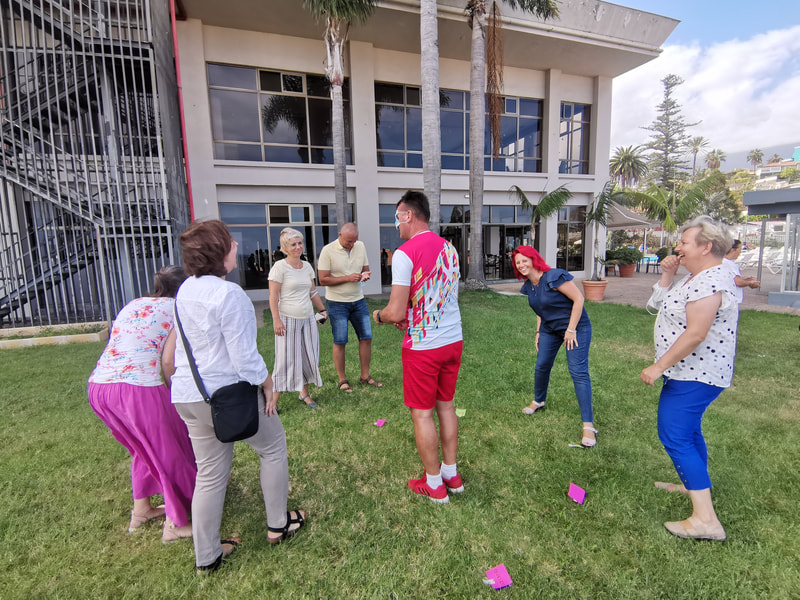
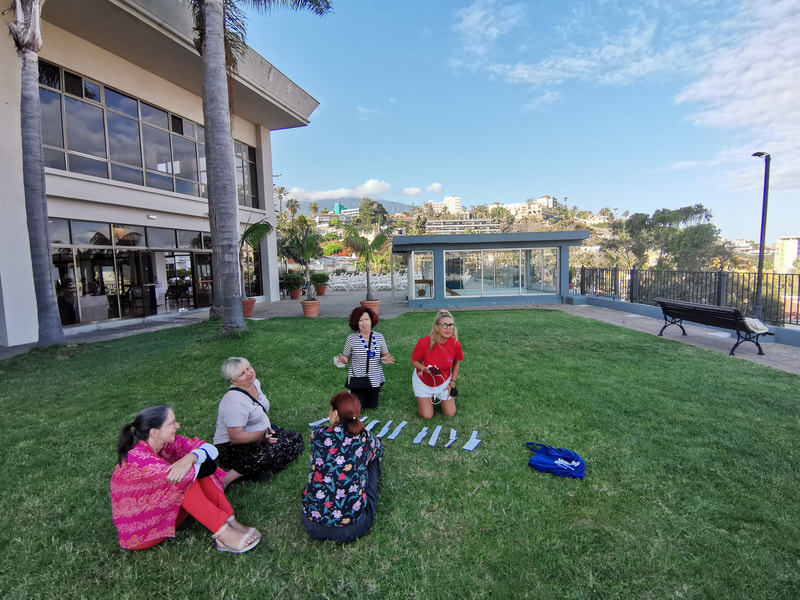
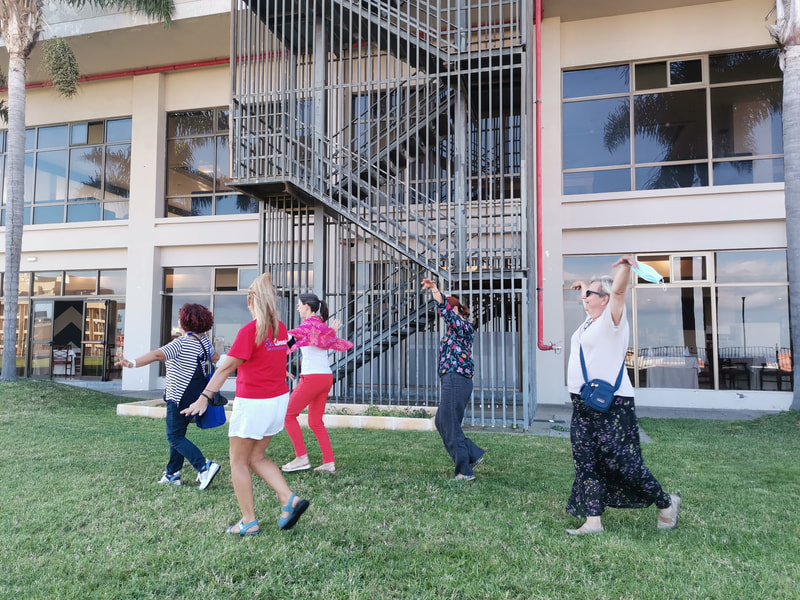
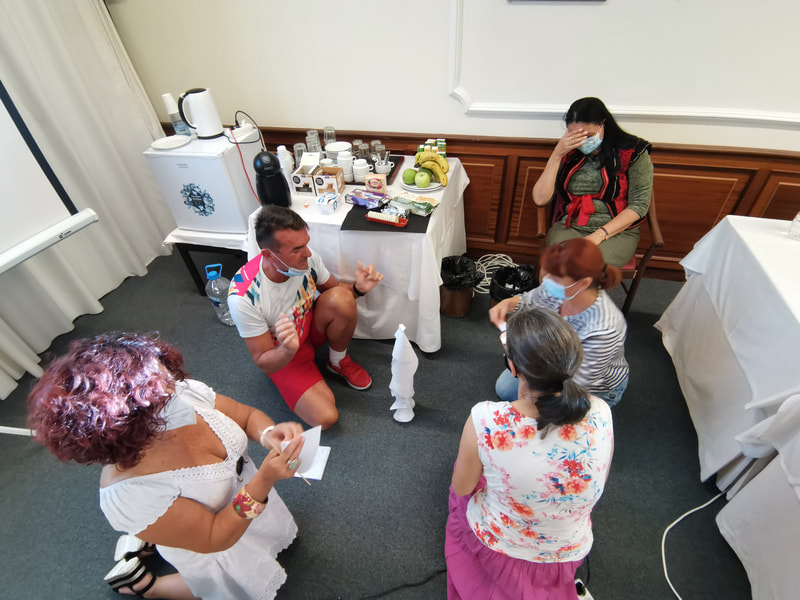
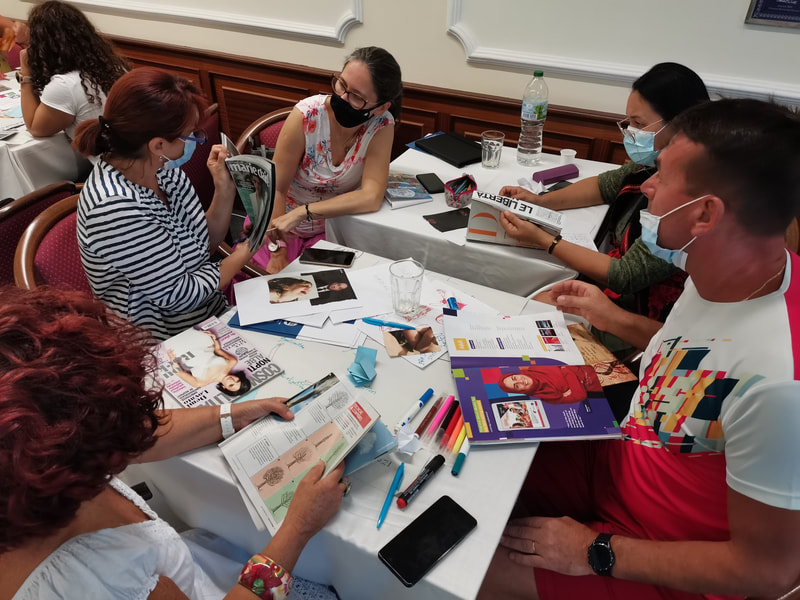
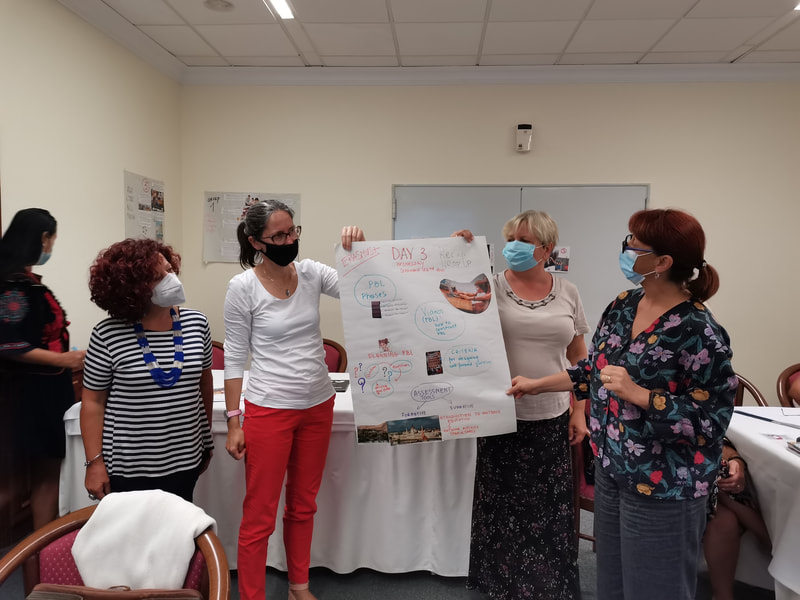
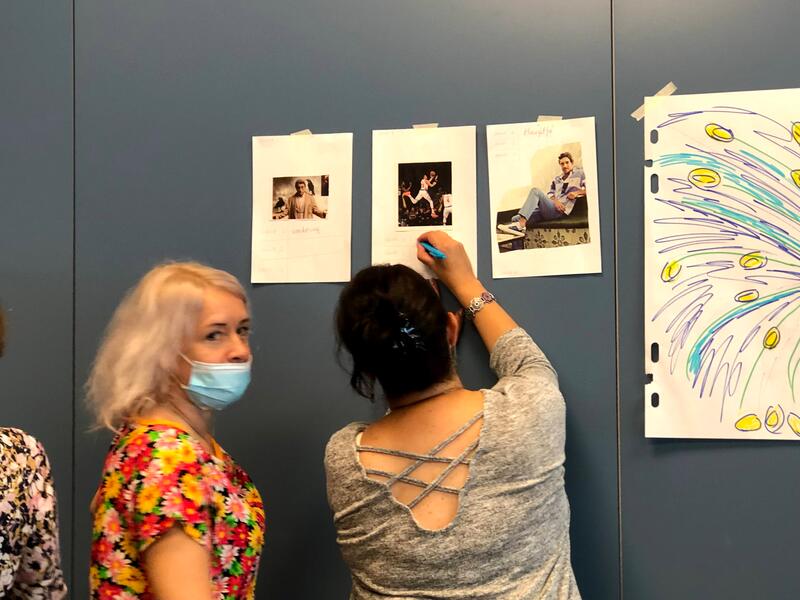
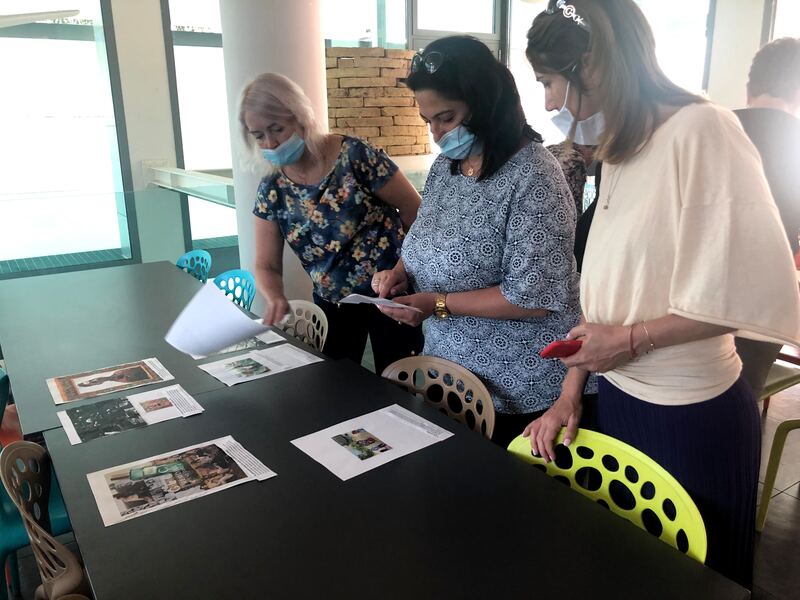
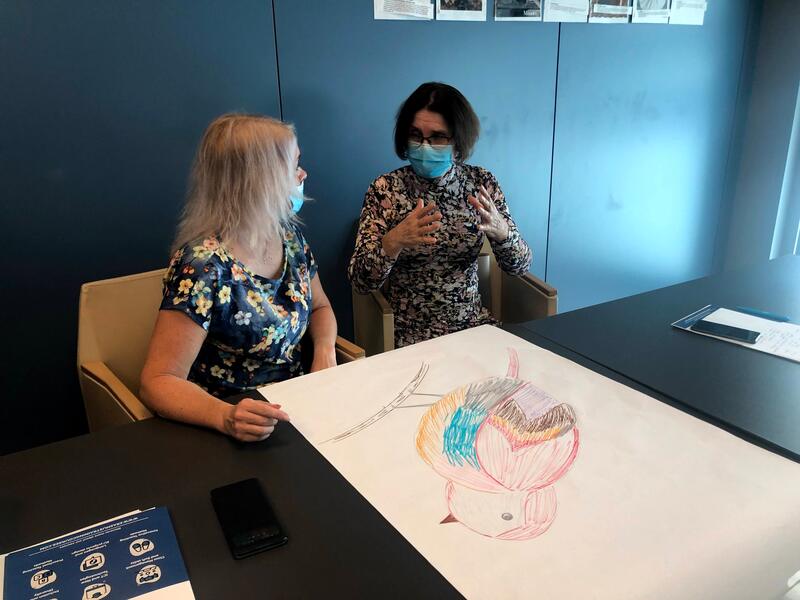
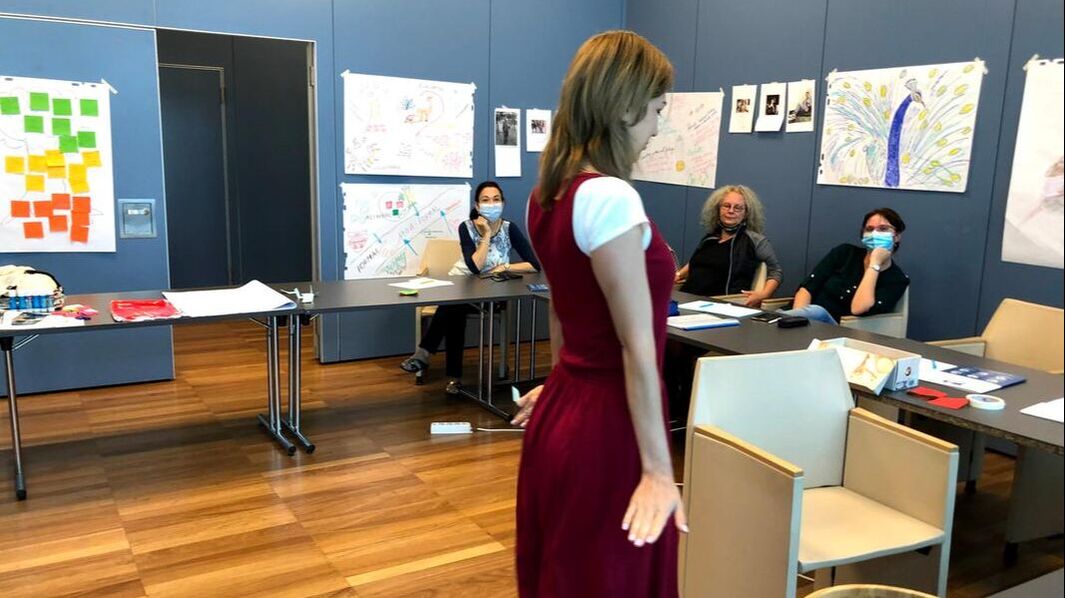
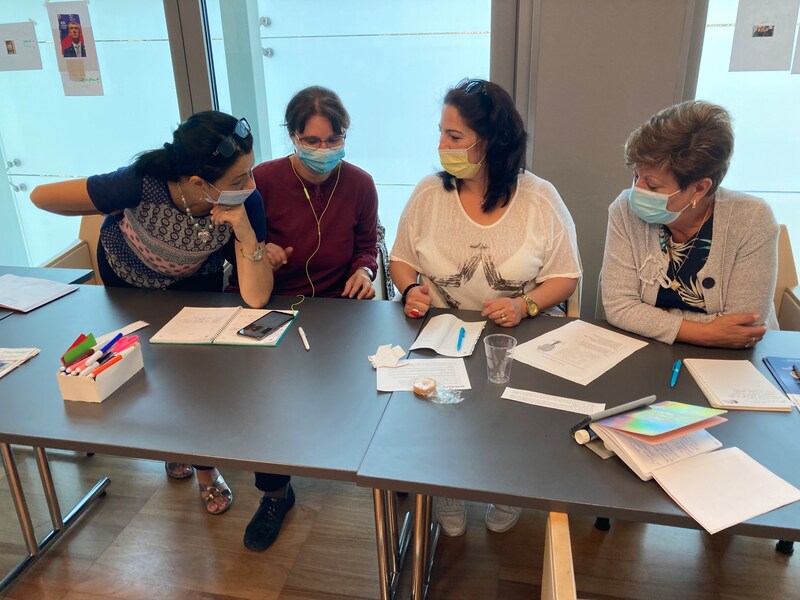
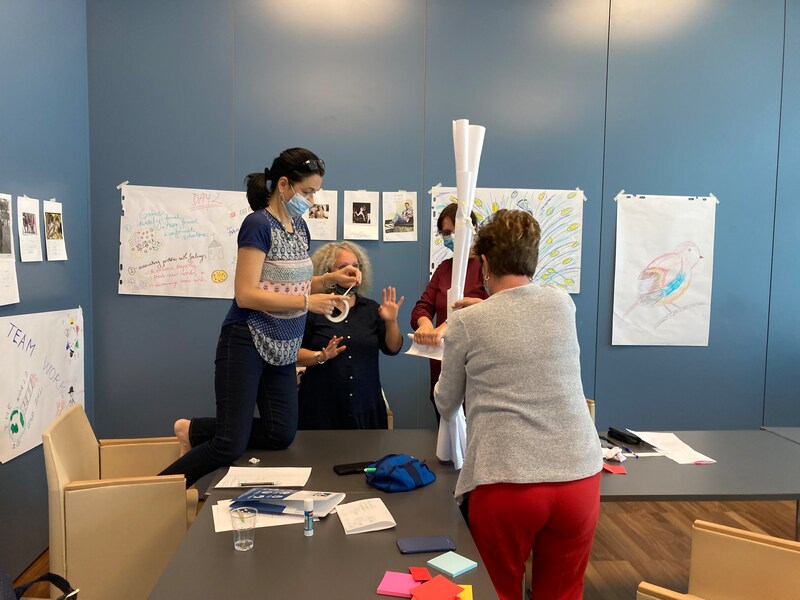
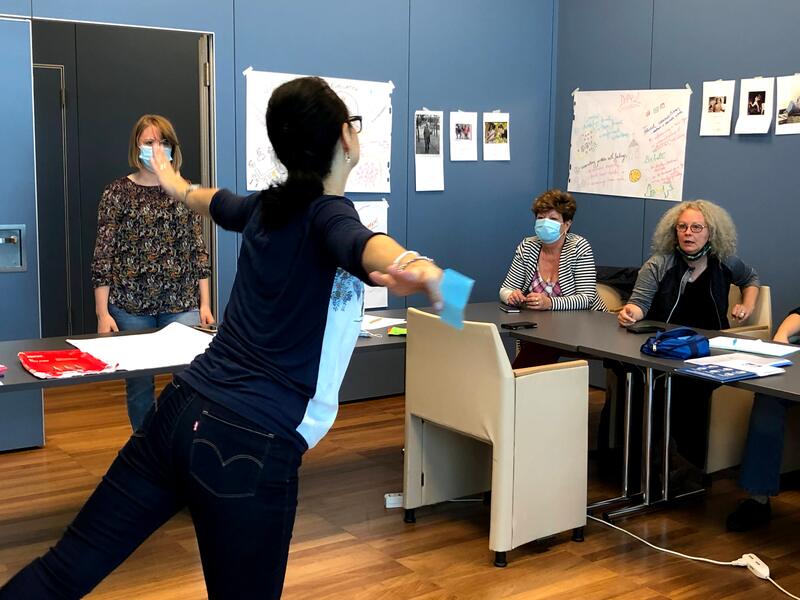
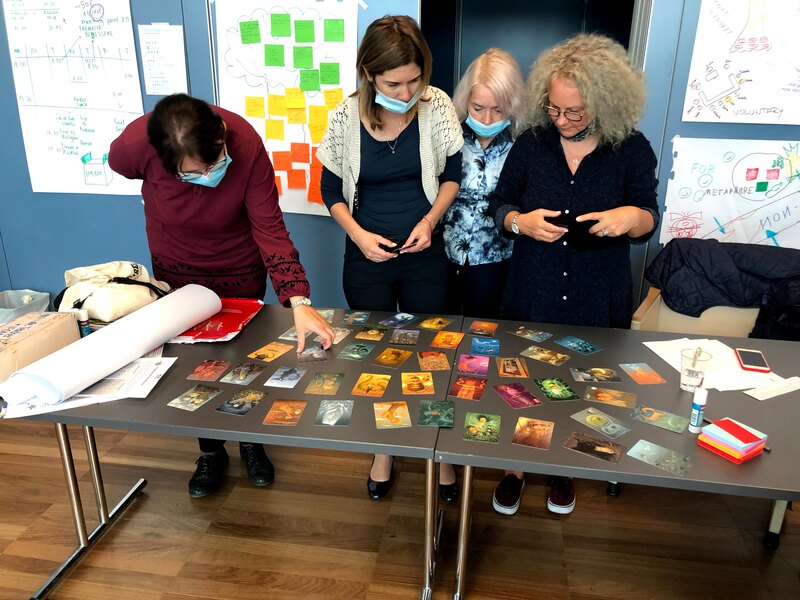
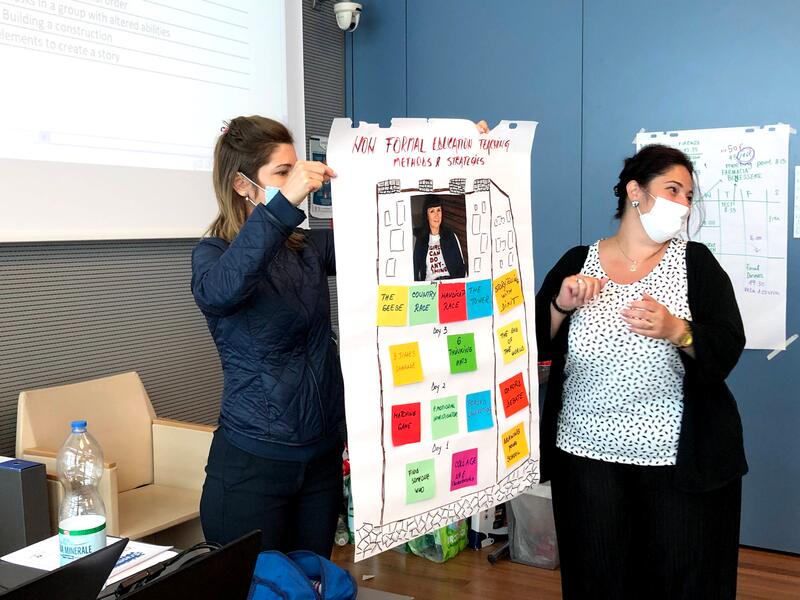
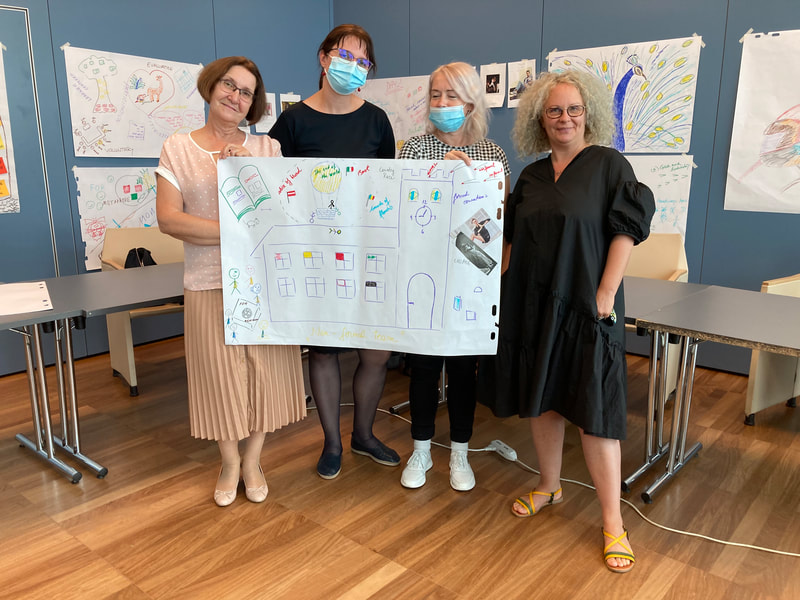
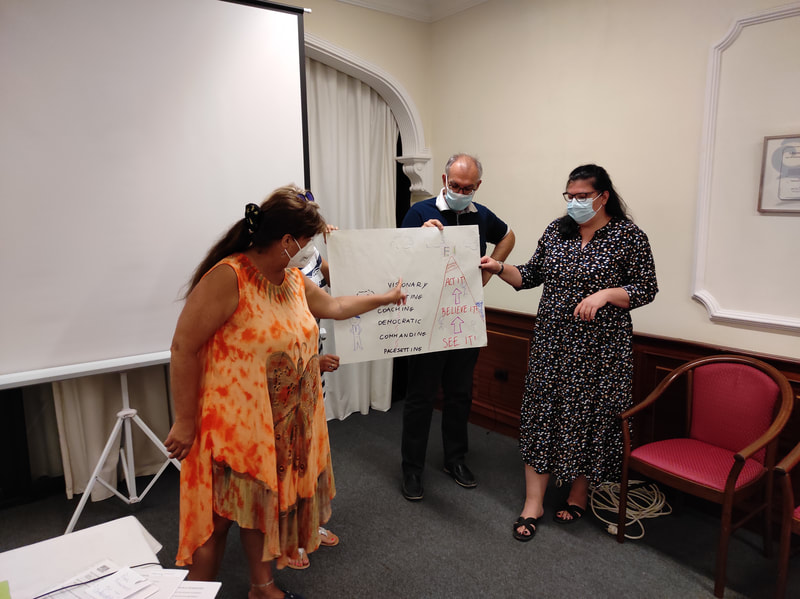
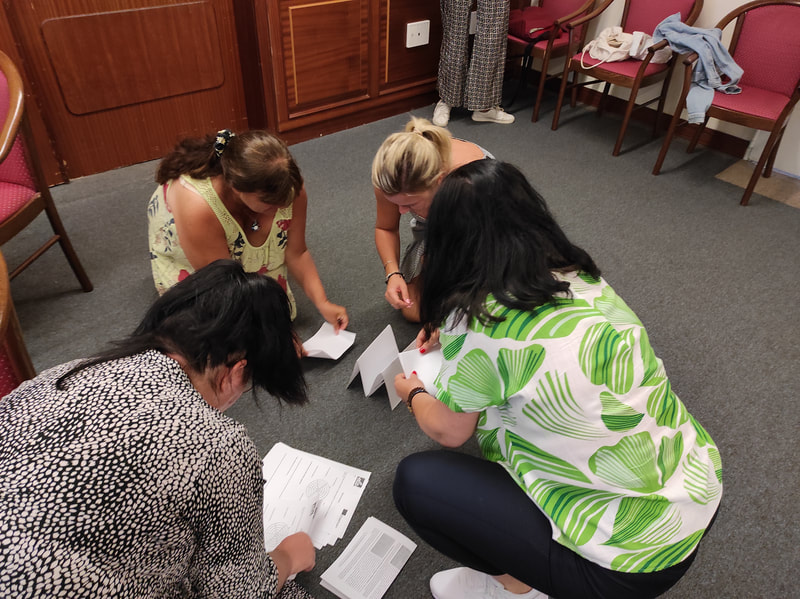
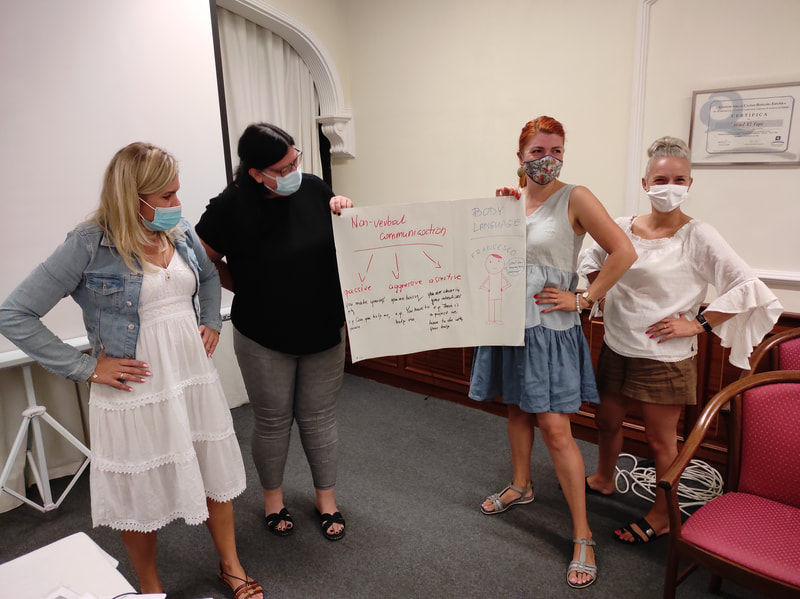
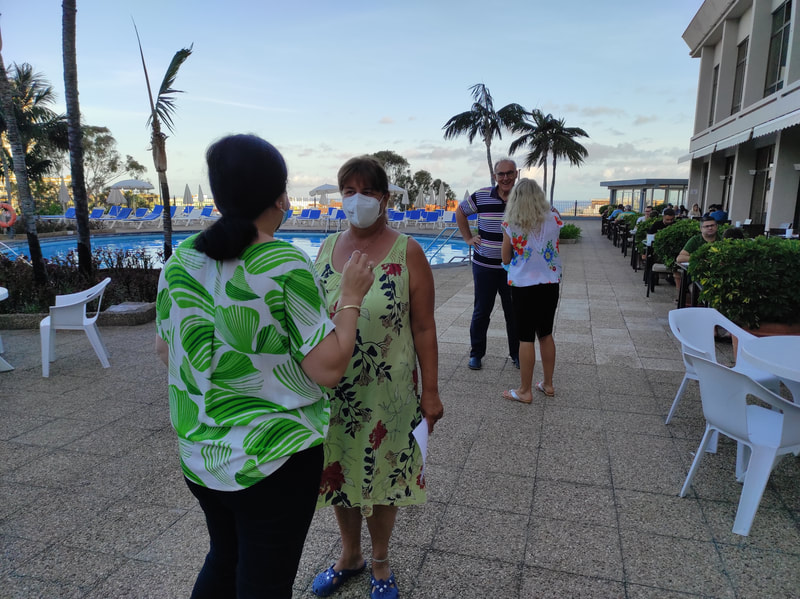
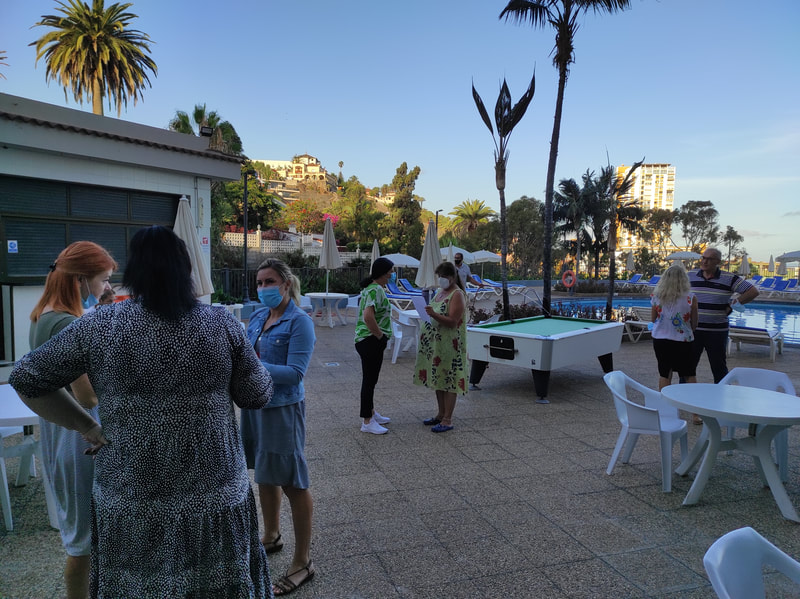
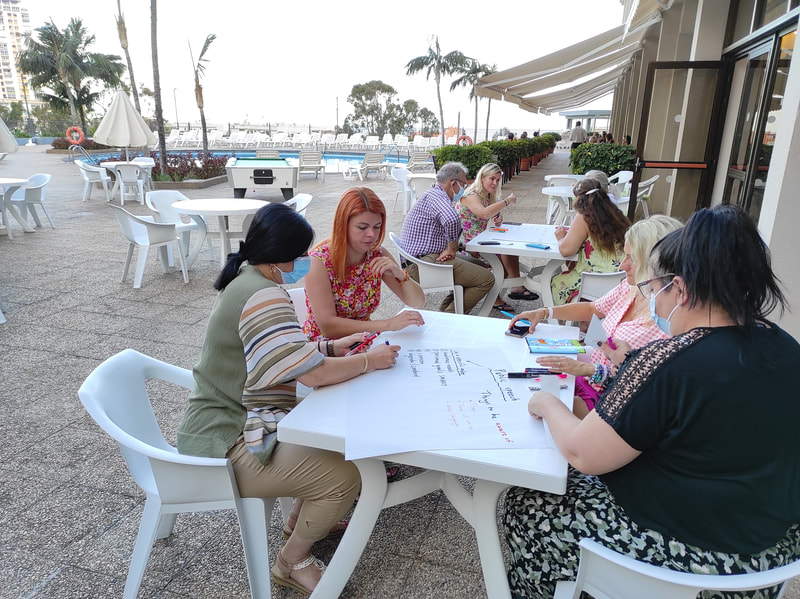
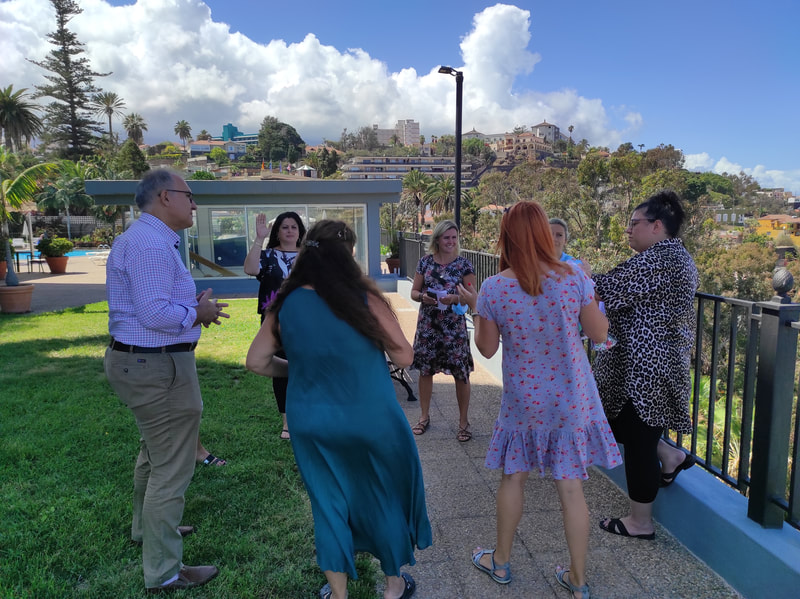
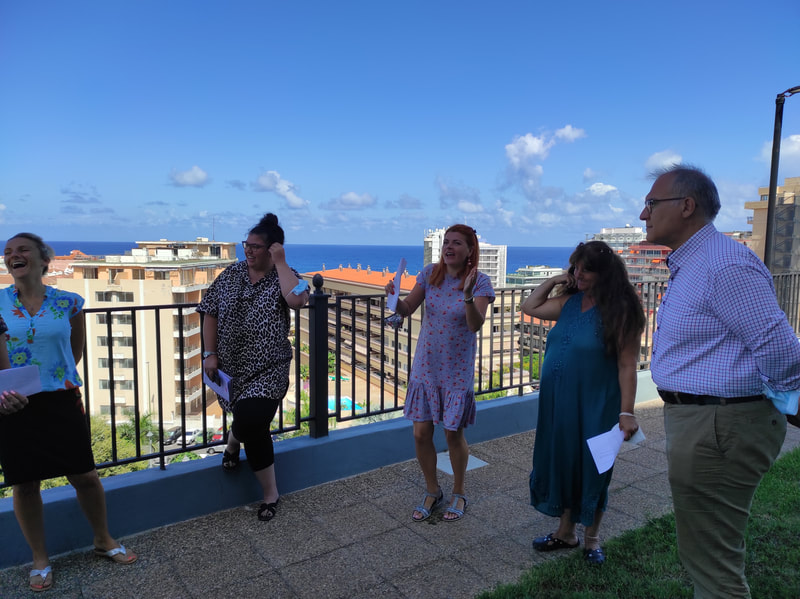
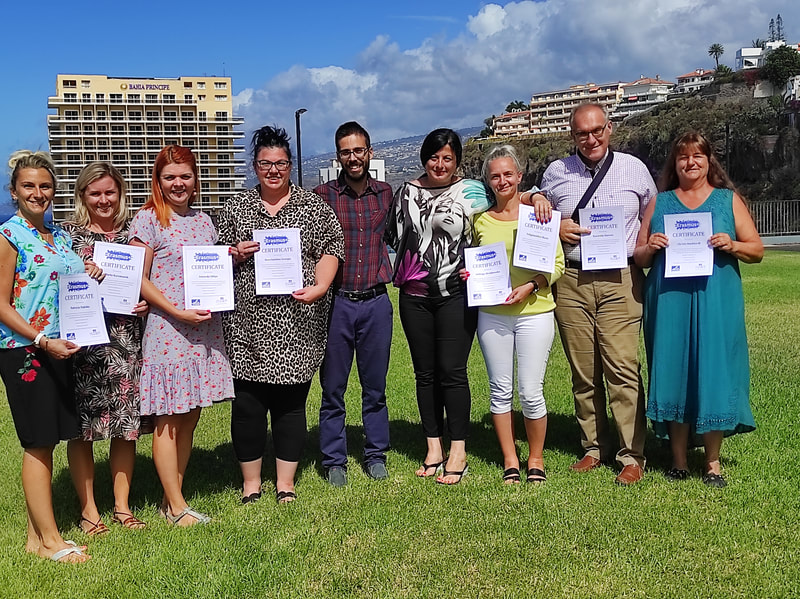
 RSS Feed
RSS Feed









